- Home
- Nora Roberts
[Chronicles of the One 03.0] The Rise of Magicks Page 2
[Chronicles of the One 03.0] The Rise of Magicks Read online
Page 2
“I could do this without you because I have to do it, but I don’t know how.”
He pressed a kiss to her forehead. “You’ll never have to figure it out.”
She spoke to magickal children who’d been ripped away from nonmagickal parents, reunited two whose parent—by blood or choice—had been locked in another cell.
She spoke to those who’d been locked in for years, others who had been swept up only days before.
She checked each one off the very precise records kept by the—now deceased—prison commander, reviewed the horrific records of experiments done in the lab.
Both Dark Uncanny—the witch, the elf—who’d worked there had hidden their natures, so her intel hadn’t shown any magickals on staff.
Intel only went so far, she thought as she marked the witch as deceased, the elf as a prisoner of war.
The storm passed and dawn broke when she did a last pass through the building. Cleaning crews already worked to scrub away the blood staining the concrete floors, the walls, the stairs. The supply team had gathered everything worth taking—the rations, the equipment, the vehicles, the weapons, clothing, shoes, boots, medical supplies. All would be logged, then dispensed where most needed or held in storage until it was.
The burial unit dug graves. Too many graves, Fallon thought as she walked outside, across the muddy ground. But today they dug none for their own, and that made it a good day.
Flynn slid out of the woods, his wolf Lupa by his side.
“Seven of the prisoners need more treatment,” he said. “Your mom’s helping with their transport to Cedarsville. It’s the closest clinic that can handle their injuries. The rest are on their way to the detention center on Hatteras.”
“Good.”
Flynn, she thought, fast—an elf, after all—efficient, and solid as the rock he could blend into, had met her mother and birth father when he’d been a teenager.
Now a man, he stood as one of her commanders.
“We’ll need a rotating security detail here,” she continued. “Hatteras is close to capacity, so we’ll need this facility. And they may come and check when they can’t get through, or just bring in another load of prisoners.”
She rattled off several names for the detail, including her brother Colin.
“I’ll set it up,” Flynn said. “But Colin took a hit in the op, so—”
“What?” She whirled around to Flynn, grabbed his arm in a vise grip. “I’m just hearing this?”
“You’re The One, but the mother of The One is downright scary, so when she says keep it to myself, I keep it to myself. He’s good,” Flynn added quickly. “Took a bullet in the right shoulder, but it’s out, and he’s healing. Do you think your mom would go with enemy wounded if her son wasn’t okay?”
“No, but—”
“She didn’t want you distracted, and neither did your brother, who’s more pissed off than hurt. Your dad already shoved him in the mobile heading back to New Hope.”
“Okay, all right.” But she pushed her hands through her short crop of hair in frustration. “Damn it.”
“We freed three hundred and thirty-two, and didn’t lose anyone.” Tall and lean, eyes of sharp green, Flynn looked back toward the building. “No one will be tortured in that hellhole again. Take your victory, Fallon, and go home. We’re secure here.”
She nodded, and walked into the woods, breathed in the smell of damp earth, dripping leaves. In this swampy area of what had been Virginia, near the Carolina border, insects hummed and buzzed, and what she knew to be sumac grew thick as walls.
She moved through until she stood within the circle of the shimmering morning sun to call Laoch.
He glided down to land, huge and white, silver wings spread, silver horn gleaming.
For a moment, because despite victory she was bone weary, she pressed her face to his strong throat. For that moment she was just a girl, with bruises aching, with eyes of smoke gray closed, with the blood of the slain on her shirt, her pants, her boots.
Then she mounted, sat tall in the saddle of golden leather. She used no reins or bit on the alicorn.
“Baile,” she murmured to him. Home.
And he rose up in the blue sky of morning to take her.
When she arrived at the big house between the New Hope barracks and the farm where Eddie and Fred raised their kids, their crops, she found her father waiting on the porch, his boots up on the rail, a mug of coffee in his hand.
He’d had a shower, she noted, as his mop of dense brown hair still showed damp. He rose, walked down to her, laid a hand on Laoch’s neck.
“Go on in and check on him. He’s sleeping, but you’ll feel better for it. I’ll see to Laoch, then there’s breakfast for both of us keeping warm in the oven.”
“You knew he’d been hurt.”
“I knew he’d been hurt and I knew he was okay.” Simon paused when she dropped down. “Your mom said not to tell you until you’d finished. She said that’s that, and when your mom says that’s that—”
“That’s that. I’m going to see for myself, grab a shower. I could use that breakfast after. Travis and Ethan?”
“Travis is at the barracks working with some new recruits. Ethan’s over at Eddie’s and Fred’s helping with livestock.”
“Okay then.”
And now that she knew where her other brothers were, she went in to check on Colin.
She went inside, turned for the stairs in the house that served as home, but one she doubted would ever really be one. The farm where she’d been born, had been raised would forever be home. But this place, like the cottage in the woods where she’d been trained by Mallick, served a purpose.
She walked to Colin’s room, where he sprawled over his bed wearing an old, fairly disreputable pair of boxers. He snored heroically.
She moved to him, laid her hand lightly—very lightly—over his right shoulder. Stiff, achy, she noted, but a clean wound already well healed.
Her mother had serious skills, Fallon reminded herself. Still she took another minute, touched his hair—a darker blond than their mother’s and worn these days in what he thought of as a warrior’s braid: short and fat.
He had a warrior’s body—muscular and tough—with a tattoo of a coiled snake on his left shoulder blade. (Done at sixteen without parental permission.)
She stayed a moment in the chaos of his room—he still collected whatever small treasure appealed to him. Odd coins, stones, pieces of glass, wires, old bottles. And had never learned, apparently, to hang, fold, or put away a single article of clothing.
Of her three brothers he was the only one without magicks. And of the three, the one who seemed born to be a soldier.
So she left him sleeping, walked downstairs, down again to her rooms on the lower level.
Unlike Colin’s, her room was scrupulously neat. On the walls she’d pinned maps—hand drawn or printed, old and new. In the chest at the foot of the bed she kept books, novels, biographies, histories, books on science, on magicks. On her desk she kept files on troops, civilians, training, bases, prisons, food supplies, medical supplies, maneuvers, spells, duty schedules, and rotations.
On the stand by her bed sat a white candle, a ball of crystal—gifts from the man who’d trained her.
She shed her clothes, dumped them in the basket for later laundering. And with a heartfelt sigh, stepped in the shower to wash away the blood, the sweat, the grime and stench of battle.
She dressed in jeans, worn at the knees and barely hitting the ankles of long legs, a T-shirt that bagged a bit over her slim frame. She pulled on her second pair of boots until she could clean the ones she’d worn to battle.
She strapped on her sword, then went upstairs to have breakfast with her father.
“Your mom’s back,” he told her as he moved to the oven to pull out plates. “At the clinic, but back.”
“I’m heading over there after breakfast.” She chose juice, as she wanted something cool.
�
��You need sleep, baby. You’ve been up over twenty-four.”
Eggs, scrambled, bacon, crisp. She dug in like the starving. “You, too,” she pointed out.
“I caught some sleep on the way back—and had a nice porch doze, as my dad used to call it, before you got here.”
She shoveled in more eggs. “I don’t have a scratch on me. Not a single scratch. Soldiers I led bled. Colin bled. I don’t have a scratch.”
“You’ve bled before.” He laid a hand over hers. “You will again.”
“I have to see the wounded, and they should see me. And the rescues. Then I’ll sleep.”
“I’ll go with you.”
She glanced at the ceiling, thought of the soldier who slept. “You should stay with Colin.”
“I’ll pull Ethan back to sit with him. Your mom said he’d likely sleep until afternoon.”
“Okay. Give me a sense of the prisoners,” she said, and he sighed.
“A mix. Some hard-asses with a lot of hate and fear of magickals. They skew older, and it’s not likely we’ll have much luck turning them around. But we may be able to educate a few of the younger ones.”
“They need to see the lab recordings. They need to see people being drugged, strapped down, tortured, experimented on just because they’re different.”
Though what she’d reviewed at the prison turned her stomach, she continued to eat. She needed fuel to function.
“Let that educate them.”
He couldn’t miss the bitterness in her voice, rubbed her hand again. “I agree. It should wait a few days. A lot of them expect torture and execution from us. We show them we treat our prisoners humanely, decently.”
“Then show them proof of the contrast,” she finished. “All right. But some won’t ever change, will they?”
“No.”
She rose, took his plate and hers to the sink to wash. “There’s no point asking why, but I keep circling back to it. Twenty years ago the world you knew, Mom knew, ended. Billions died terrible deaths from the Doom. We’re what’s left, Dad, and we’re killing each other.”
She turned to look at him, this good man who’d helped bring her into the world, who’d loved her, fought with her. A soldier who’d become a farmer, now a farmer who lived a soldier’s life again.
He had no magicks, she thought, and yet he was all the light stood for.
“You didn’t hate or fear,” she said. “You opened your home, then your life, to a stranger, a witch, and one who was being hunted. You could have turned her away, and me inside her, but you didn’t. Why?”
So many answers, Simon thought. He settled on one. “She was a miracle, and so were you, inside her. The world needed miracles.”
She smiled at him. “It’s going to get them, ready or not.”
She rode into town with him, taking Grace to give her mare some attention and exercise. The hills rolled around them, green with summer and surging wildflowers. She smelled earth freshly turned and planted, heard the shouts, the clang of metal from the barracks where recruits trained.
A small herd of deer slipped out of the trees to crop their way along a steep ridge heavy with trees. Above, the sky held soft and hopeful blue after the night’s storm.
The road, cleared of abandoned cars and trucks—all laboriously towed to an outlying garage for repair or dismantling, wound toward New Hope.
Houses, she thought, most in good repair now, and most occupied. Those that couldn’t be salvaged had been—like the vehicles—scavenged for parts. Wood, pipes, tiles, wiring, anything that could be used. On the reclaimed land, beef cattle, milk cows, goats, sheep, a few llamas, more horses grazed behind carefully tended fences.
At a bend in the road, the pulse of magick thrummed from the Tropics her mother had helped create. There grew groves of citrus trees, olive trees, palm, coffee beans, pepper, and other herbs and spices. Workers on harvesting detail paused to wave.
“Miracles,” Simon said simply.
After passing the security checkpoint, they rode into New Hope, once, at the height of the Doom, occupied only by death and ghosts. Now it thrived with more than two thousand people, and a memorial tree honored the dead. The community gardens and greenhouses, a site of two vicious attacks, continued to bloom and grow. The community kitchen her mother had established before Fallon had been born served meals daily.
The Max Fallon Magick Academy, named for her sire, the New Hope schools, the town hall, the shops open for bartering, the homes lining Main Street, the clinic, the library, the life reclaimed through sweat, determination, sacrifice.
Wasn’t all this, she wondered, another kind of miracle?
“You miss the farm,” she said as they guided the horses to the hitching posts and troughs.
“I’ll get back to it.”
“You miss the farm,” she repeated. “You left it for me, so every time I come into New Hope I’m glad you left it for a good place with good people.”
She dismounted, gave Grace a stroke before looping the reins around the rail.
She walked with him to what had once been the elementary school and now housed the New Hope Clinic.
They’d made changes over the years—Fallon had gone back through the crystal to see how it had all begun. The entrance hall held chairs for those waiting for an exam or checkup. A section held toys and books collected from abandoned houses.
A couple of toddlers played with blocks—one had wings fluttering in delight. A pregnant woman sat plying knitting needles and yarn over the mound of her belly. A teenager sprawled in another chair, looking bored. An old man sat hunched, his breathing a rattling wheeze.
As they turned toward the offices, Hannah Parsoni—the mayor’s daughter, Duncan and Tonia’s sister—hurried down the right corridor, a clipboard in one hand, a stethoscope around her neck.
She had her luxurious mane of dark blond hair pulled back in a long tail. Her eyes, already a warm brown, deepened with pleasure at the sight of them. “I was hoping to see you both. We’re swamped,” she added, “so I’ve only got a minute. Rachel has me working with the scheduled patients and walk-ins, but I helped with the first triage on the wounded. We haven’t lost anyone. Some of the people you freed . . .”
Compassion rolled off her, so deep Fallon felt the waves on her skin.
“Some of them are going to need extended treatment, and counseling, but none of them are critical now. Lana—she’s amazing. How’s Colin?”
“Sleeping,” Simon told her.
“No fever, no infection,” Fallon added.
“Make sure to let your mom know. She does know, but it would help her to hear it.”
In the way she had of offering care, Hannah reached out to touch them both. “You look so tired, both of you.”
“Maybe I should do a—”
As Fallon lifted a hand to her face, Hannah took it. “A glamour? I wish you wouldn’t. They should see the effort. They should know what it costs, what freedom costs. That you pay the price for it, too.”
She gave Fallon’s hand a squeeze, then moved on. “Hey, Mr. Barker, let’s go back, have a look at you.”
He rattled, wheezed. “I can wait for the doctor.”
“Why don’t we go back to an exam room, just have a look? I can get you started for Rachel.”
Soothing, cajoling instead of insulted, Fallon thought. That was Hannah—Hannah who’d been studying, training to be a doctor, essentially since her childhood, and who’d served as a field medic on rescues for years.
Patience, Fallon realized, was just one form of Hannah’s magick.
She saw the girl in the office, working briskly on a computer—a skill she herself had yet to fully master. April, she remembered. Faerie, about her age. Wounded in the attack in the gardens two years before.
An attack instigated by Fallon’s own blood, her cousin, the daughter of her sire’s brother and his woman. Dark Uncannys who wanted her death above all.
The girl looked up, beamed a smile. “Hey, hi. Are you loo
king for Lana?”
“I wanted to see the wounded—any who are up for it.”
“We have the freed prisoners who were treated and cleared holding at the school auditorium, and the troops treated and cleared sent home or to the barracks. The rest are in the ward. Jonah and Carol are doing rounds, and Ray’s monitoring the ones we released medically. It’s been kind of an all-hands-on-deck morning. And right now?” She smiled her bright, faerie smile. “Rachel and Lana are delivering a baby.”
“A baby?”
“One of the prisoners—”
“Lissandra Ye, wolf shifter,” Fallon finished—she’d read every report. “She’s not due for nearly eight weeks.”
“She went into labor in the mobile heading here. They weren’t able to stop it.” As some worry leaked through, April pressed her lips together. “They’ve got a kind of NICU set up for it, as best they can. But I could tell Rachel was worried even though Jonah said he didn’t see death.
“He’d see it, right?” April reached out for reassurance. “Jonah would know.”
Fallon nodded, stepped out.
“Death’s not the only consequence.” She spoke softly to Simon. “Lissandra Ye was in that prison for fourteen months. She was raped inside there, and they kept right up with experiments on her after she got pregnant.”
“You need to trust your mother and Rachel.”
“I do.”
She walked down another corridor. Classrooms converted to exam rooms, treatment rooms, surgeries, storage for supplies, another for medications and drugs.
Labor and delivery. She laid a hand on the door, felt the power simmering. Her mother’s power. Heard Rachel’s calm voice reassuring, and the moans of the woman in labor.
“I do,” she repeated, and because that fate was in their hands, continued to the sprawling cafeteria set up as a ward for patients who needed continued treatment or observation.
Curtains—scavenged or fabricated—separated the beds and made an oddly festive show of color and patterns. The monitors beeped. Not enough, not nearly enough for so many patients. They would rotate them as needed, she knew.
She saw Jonah looking as weary as she felt hanging a fresh IV bag.

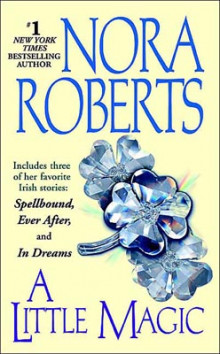 A Little Magic
A Little Magic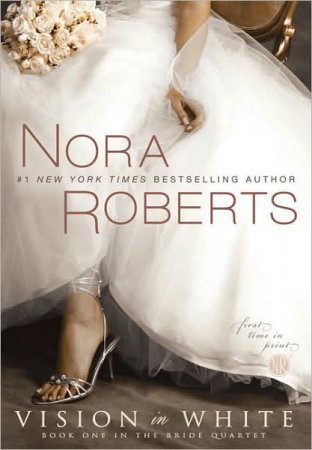 Vision in White
Vision in White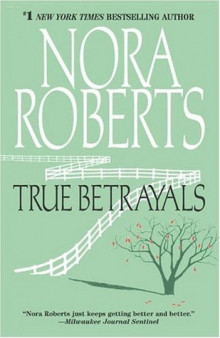 True Betrayals
True Betrayals The Next Always
The Next Always A Man for Amanda
A Man for Amanda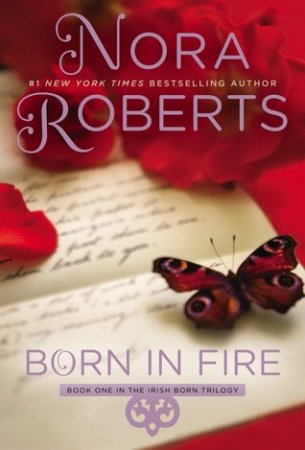 Born in Fire
Born in Fire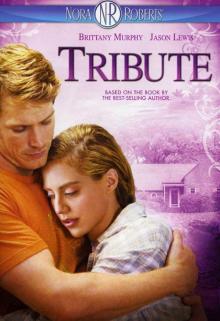 Tribute
Tribute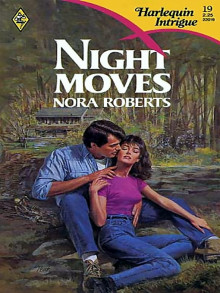 Night Moves
Night Moves Dance Upon the Air
Dance Upon the Air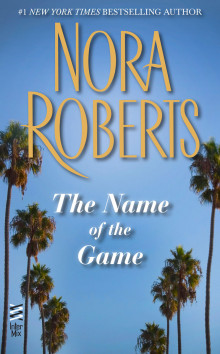 The Name of the Game
The Name of the Game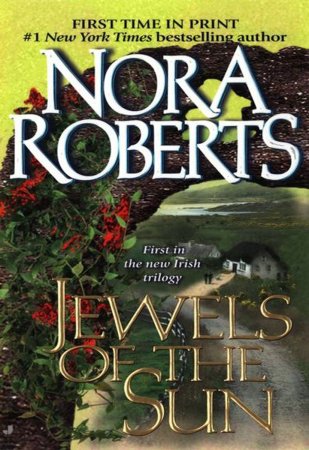 Jewels of the Sun
Jewels of the Sun River's End
River's End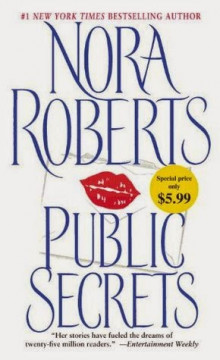 Public Secrets
Public Secrets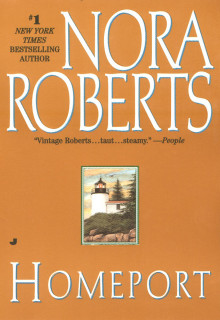 Homeport
Homeport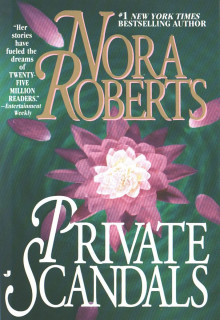 Private Scandals
Private Scandals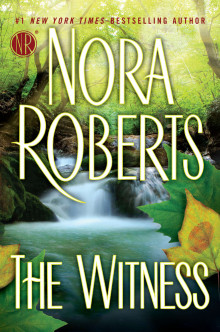 The Witness
The Witness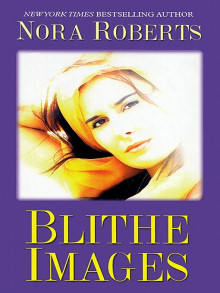 Blithe Images
Blithe Images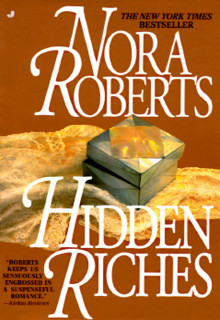 Hidden Riches
Hidden Riches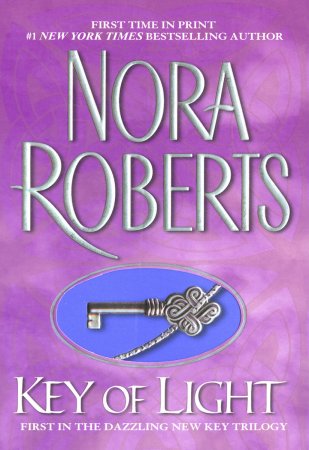 Key of Light
Key of Light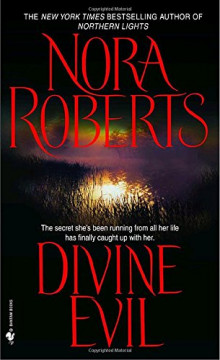 Divine Evil
Divine Evil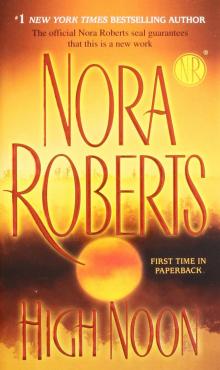 High Noon
High Noon Blue Dahlia
Blue Dahlia Sea Swept
Sea Swept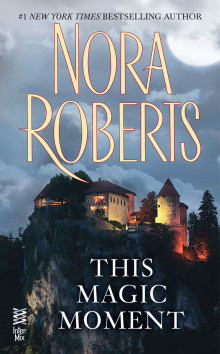 This Magic Moment
This Magic Moment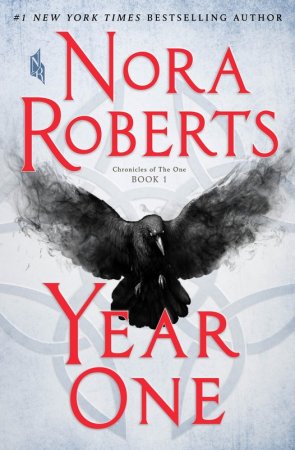 Year One
Year One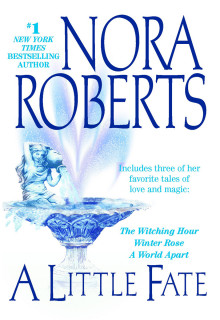 A Little Fate
A Little Fate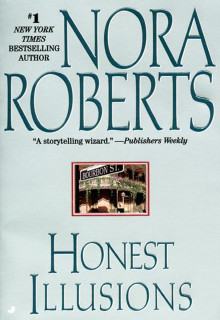 Honest Illusions
Honest Illusions The Reef
The Reef Shelter in Place
Shelter in Place The Hollow
The Hollow Holding the Dream
Holding the Dream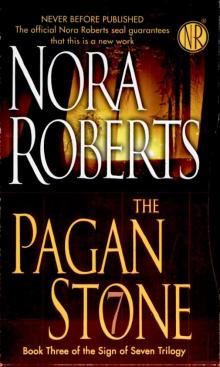 The Pagan Stone
The Pagan Stone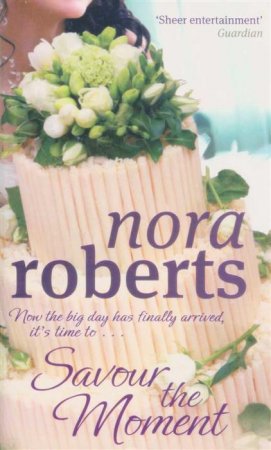 Savour the Moment
Savour the Moment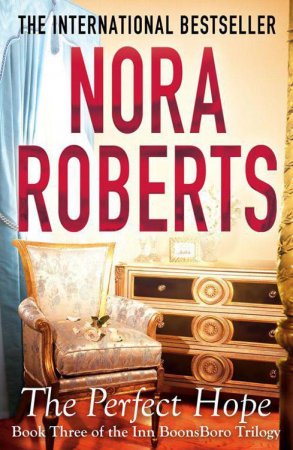 The Perfect Hope
The Perfect Hope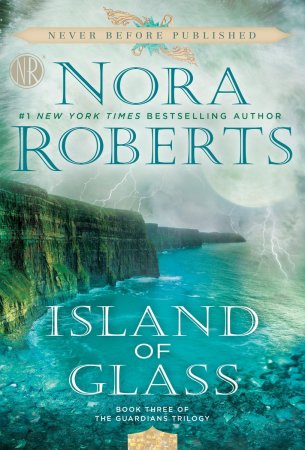 Island of Glass
Island of Glass Happy Ever After
Happy Ever After Bed of Roses
Bed of Roses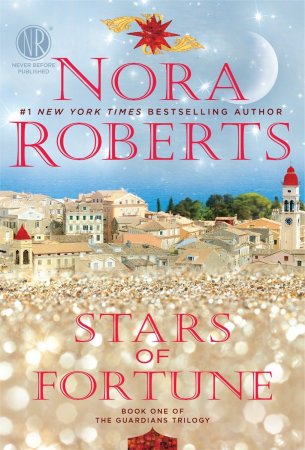 Stars of Fortune
Stars of Fortune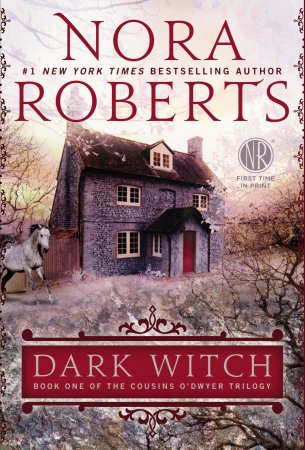 Dark Witch
Dark Witch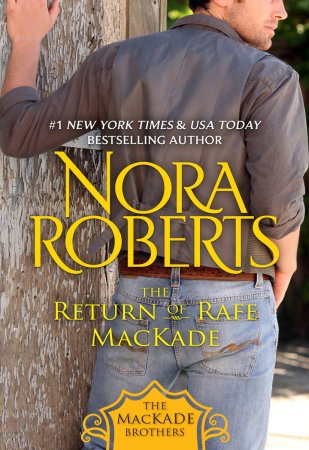 The Return of Rafe MacKade
The Return of Rafe MacKade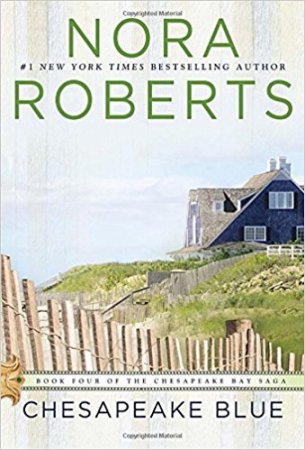 Chesapeake Blue
Chesapeake Blue The Perfect Neighbor
The Perfect Neighbor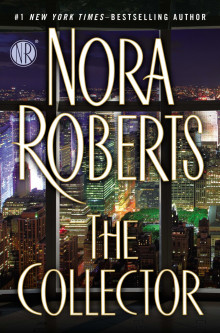 The Collector
The Collector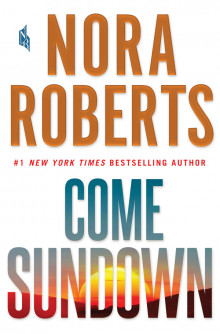 Come Sundown
Come Sundown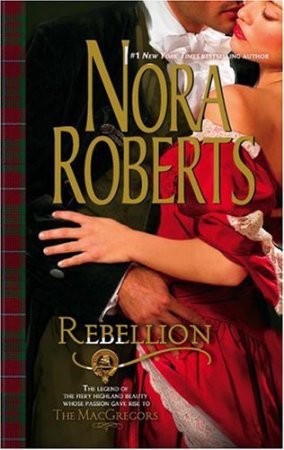 Rebellion
Rebellion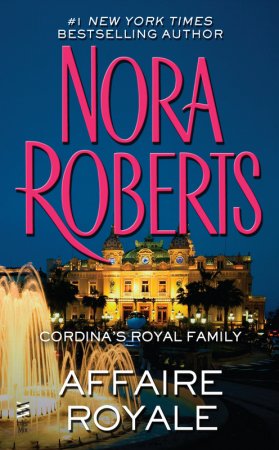 Affaire Royale
Affaire Royale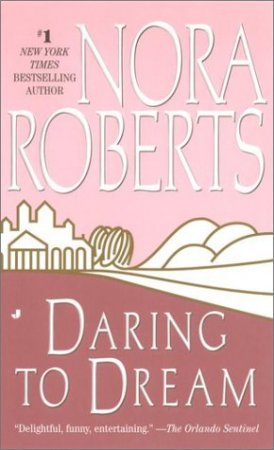 Daring to Dream
Daring to Dream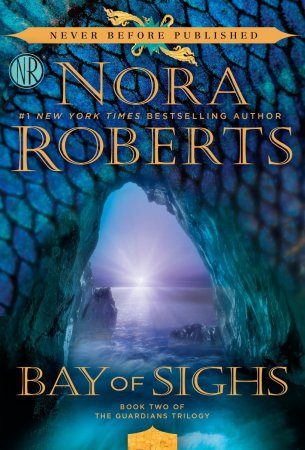 Bay of Sighs
Bay of Sighs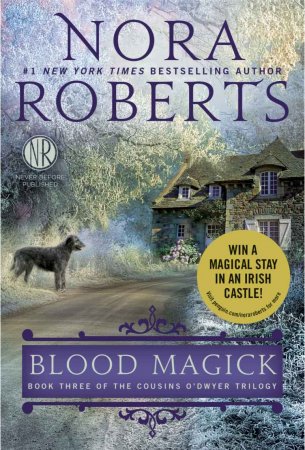 Blood Magick
Blood Magick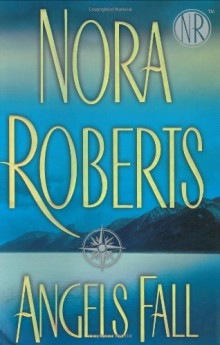 Angels Fall
Angels Fall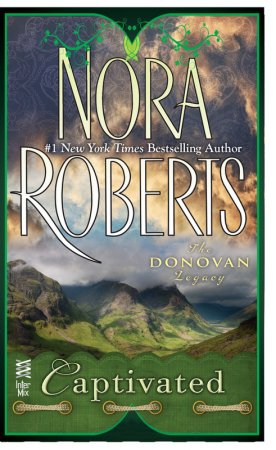 Captivated
Captivated The Last Boyfriend
The Last Boyfriend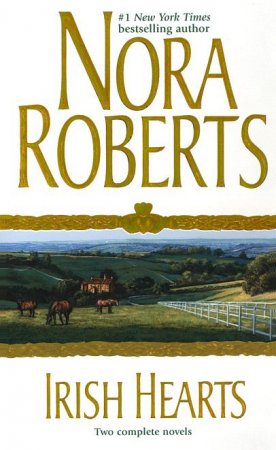 Irish Thoroughbred
Irish Thoroughbred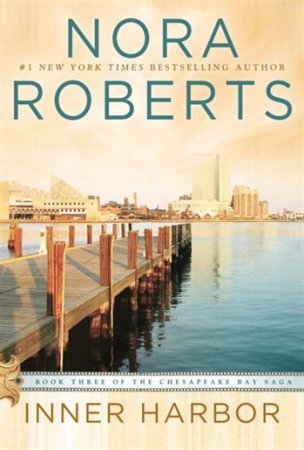 Inner Harbor
Inner Harbor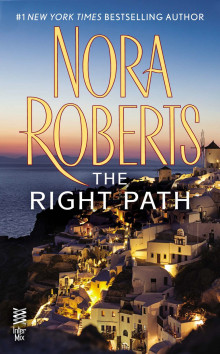 The Right Path
The Right Path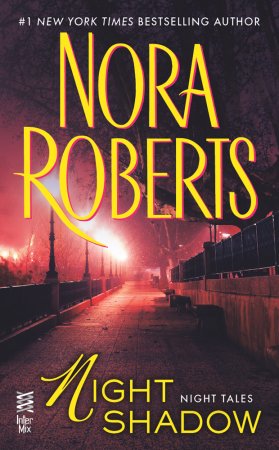 Night Shadow
Night Shadow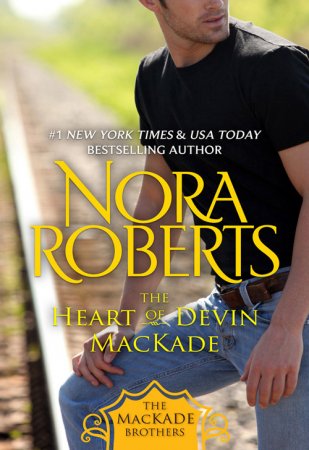 The Heart of Devin MacKade
The Heart of Devin MacKade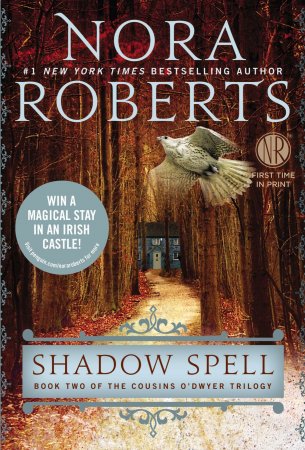 Shadow Spell
Shadow Spell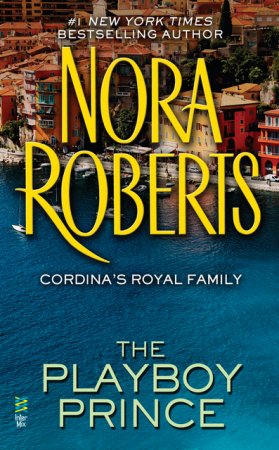 The Playboy Prince
The Playboy Prince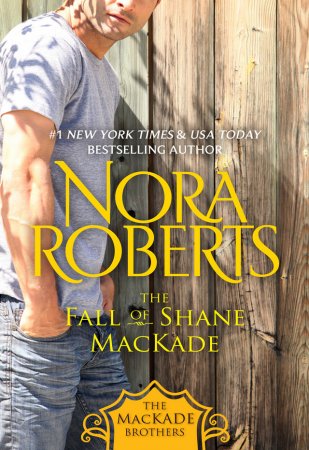 The Fall of Shane MacKade
The Fall of Shane MacKade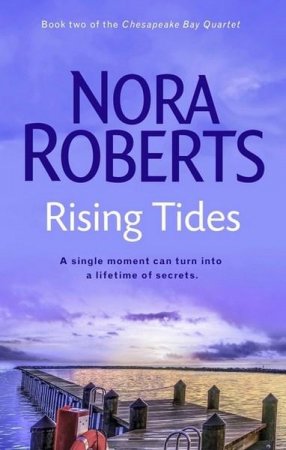 Rising Tides
Rising Tides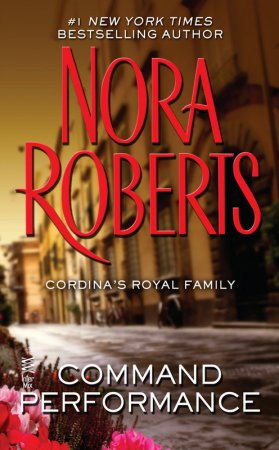 Command Performance
Command Performance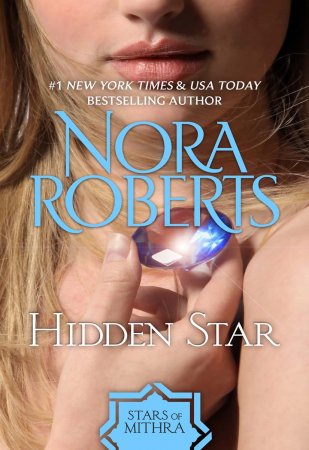 Hidden Star
Hidden Star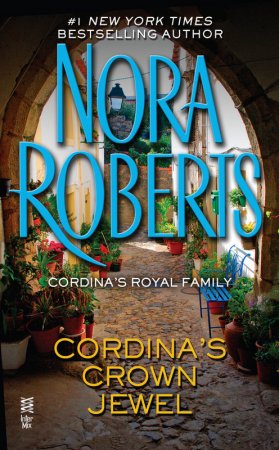 Cordina's Crown Jewel
Cordina's Crown Jewel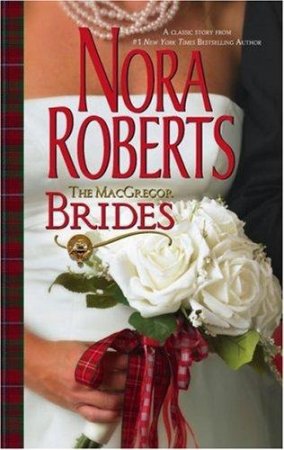 The MacGregor Brides
The MacGregor Brides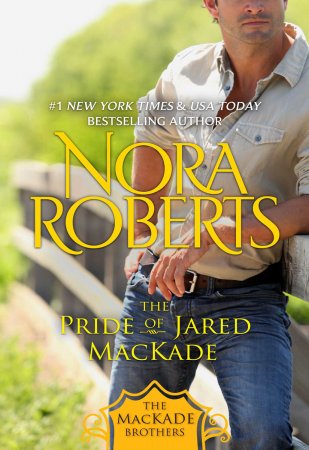 The Pride of Jared MacKade
The Pride of Jared MacKade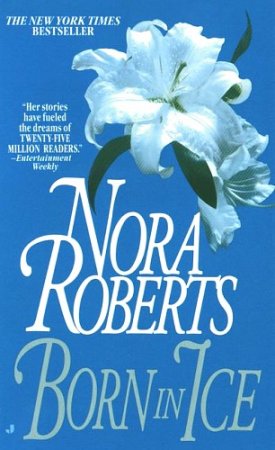 Born in Ice
Born in Ice Whiskey Beach
Whiskey Beach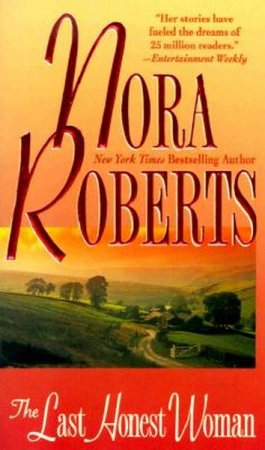 The Last Honest Woman
The Last Honest Woman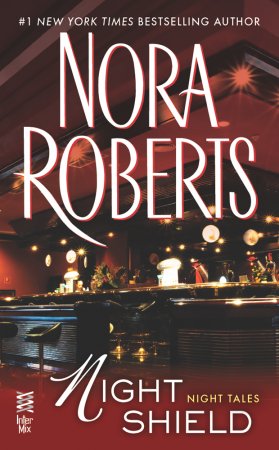 Night Shield
Night Shield Born in Shame
Born in Shame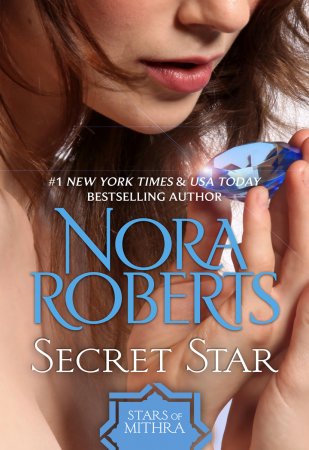 Secret Star
Secret Star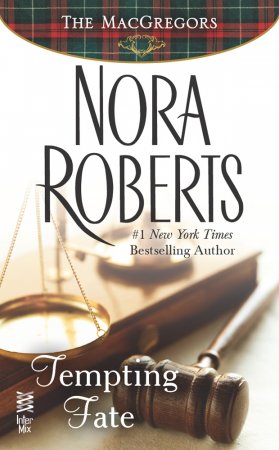 Tempting Fate
Tempting Fate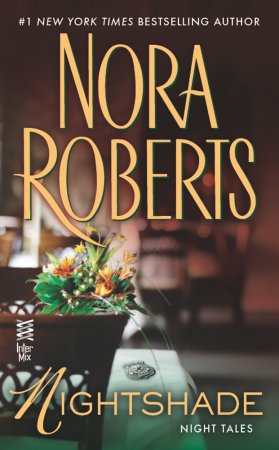 Nightshade
Nightshade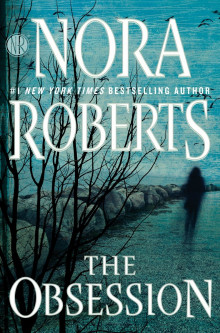 The Obsession
The Obsession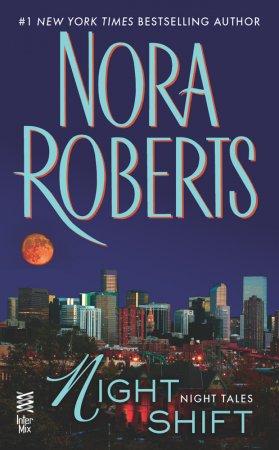 Night Shift
Night Shift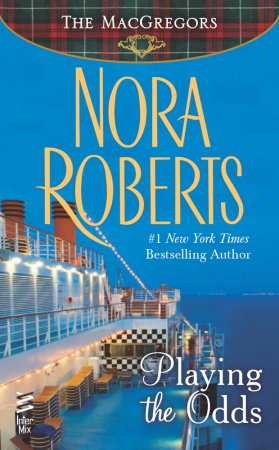 Playing The Odds
Playing The Odds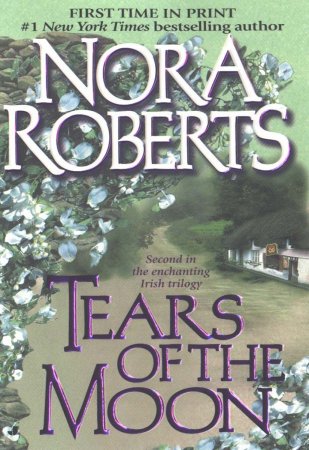 Tears of the Moon
Tears of the Moon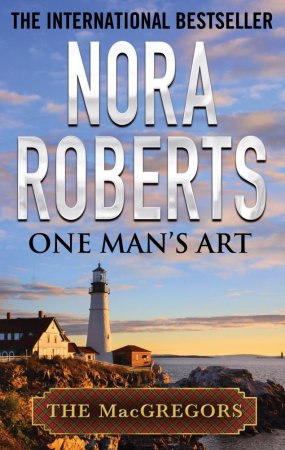 One Man's Art
One Man's Art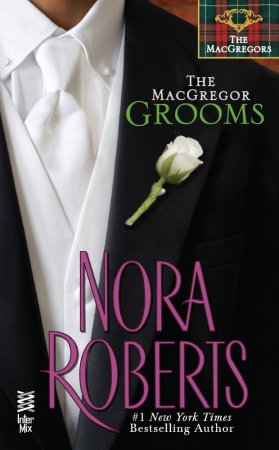 The MacGregor Groom
The MacGregor Groom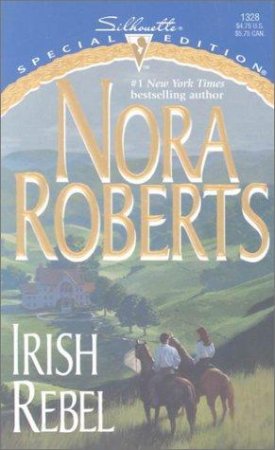 Irish Rebel
Irish Rebel Morrigan's Cross
Morrigan's Cross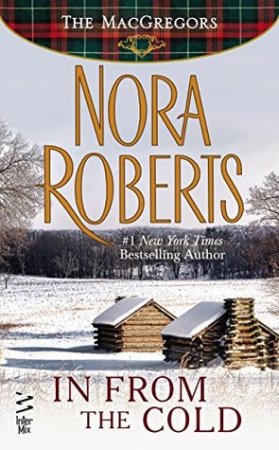 In From The Cold
In From The Cold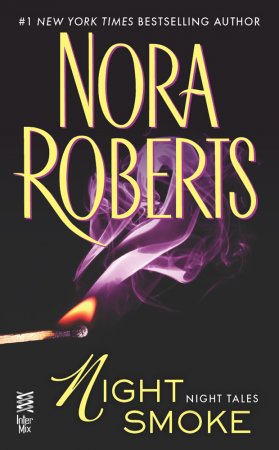 Night Smoke
Night Smoke Finding the Dream
Finding the Dream Red Lily
Red Lily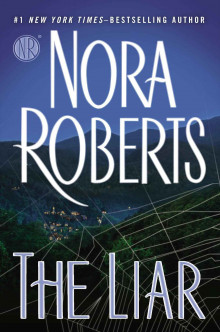 The Liar
The Liar Montana Sky
Montana Sky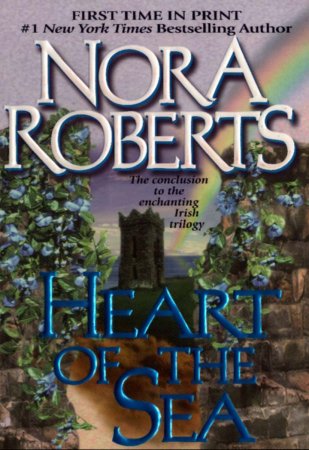 Heart of the Sea
Heart of the Sea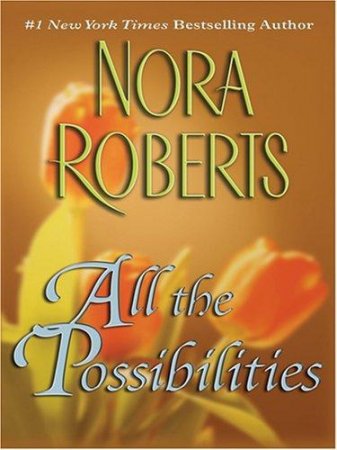 All The Possibilities
All The Possibilities Opposites Attract
Opposites Attract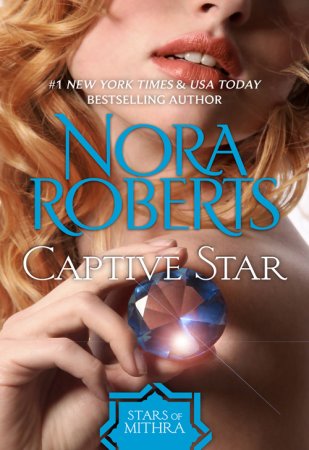 Captive Star
Captive Star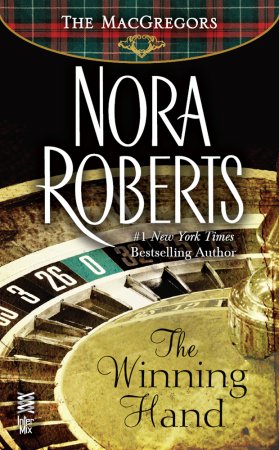 The Winning Hand
The Winning Hand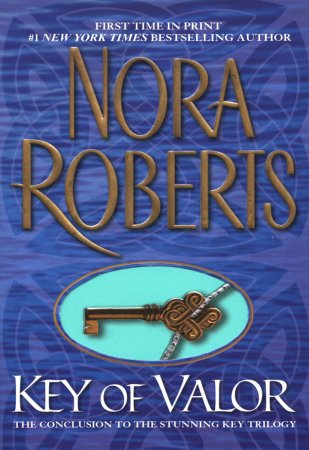 Key of Valor
Key of Valor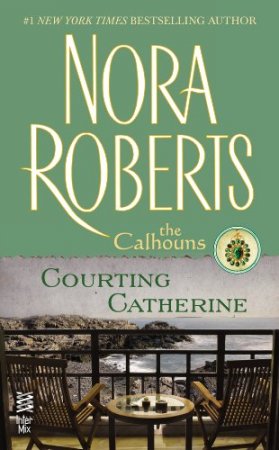 Courting Catherine
Courting Catherine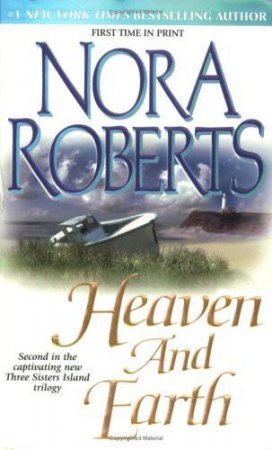 Heaven and Earth
Heaven and Earth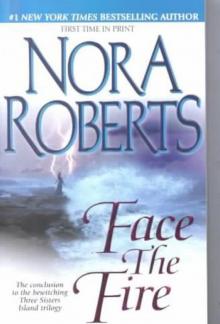 Face the Fire
Face the Fire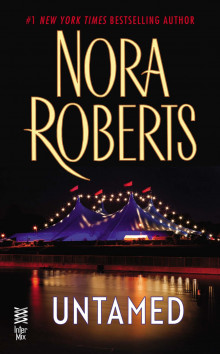 Untamed
Untamed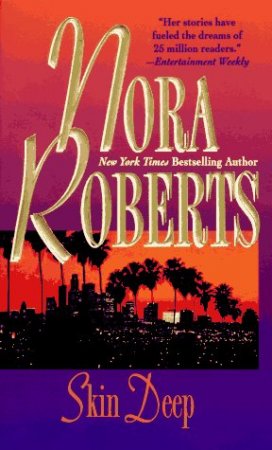 Skin Deep
Skin Deep Enchanted
Enchanted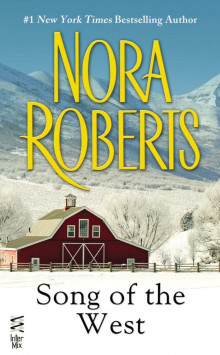 Song of the West
Song of the West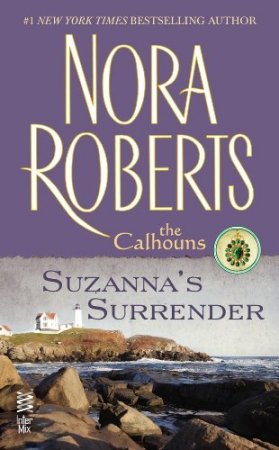 Suzanna's Surrender
Suzanna's Surrender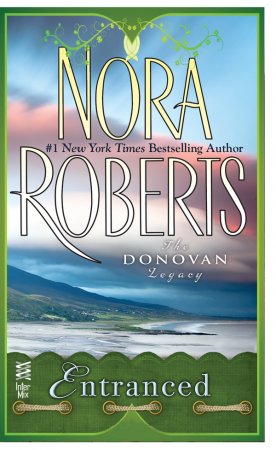 Entranced
Entranced Dance of the Gods
Dance of the Gods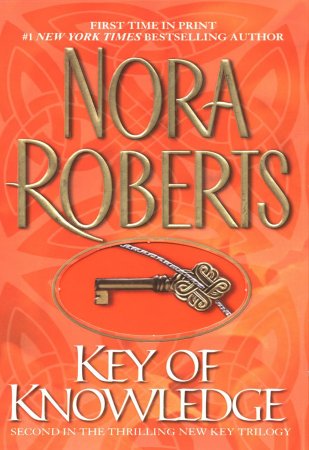 Key of Knowledge
Key of Knowledge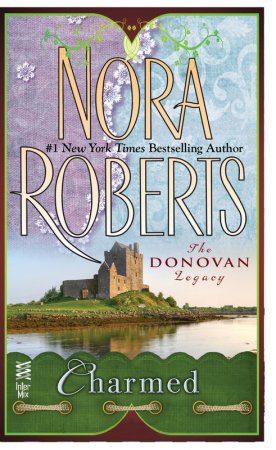 Charmed
Charmed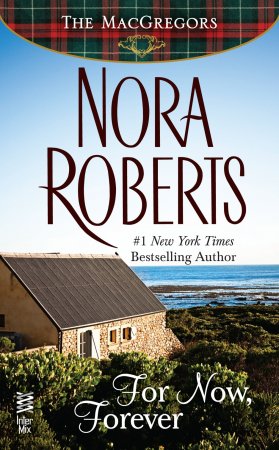 For Now, Forever
For Now, Forever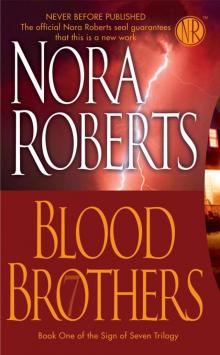 Blood Brothers
Blood Brothers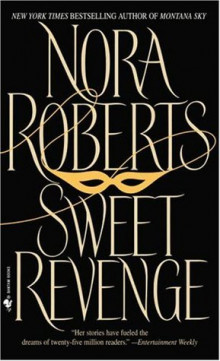 Sweet Revenge
Sweet Revenge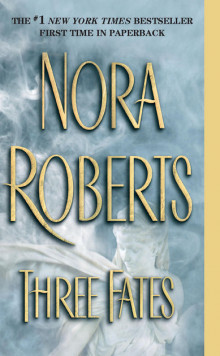 Three Fates
Three Fates Mind Over Matter
Mind Over Matter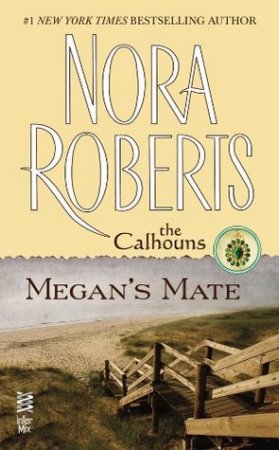 Megan's Mate
Megan's Mate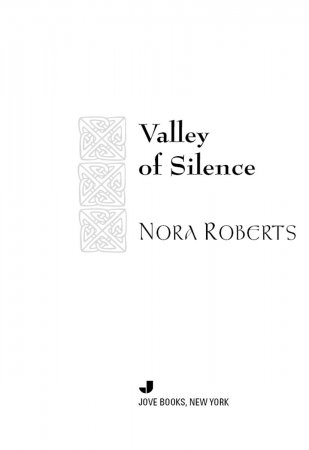 Valley of Silence
Valley of Silence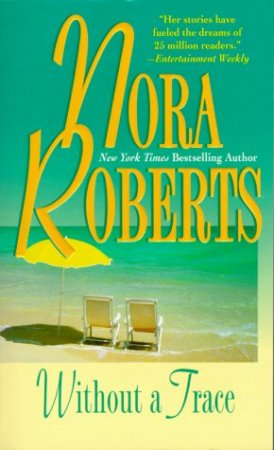 Without A Trace
Without A Trace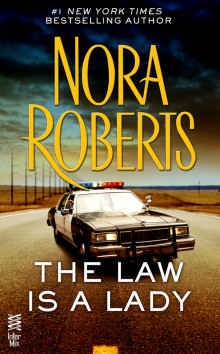 The Law is a Lady
The Law is a Lady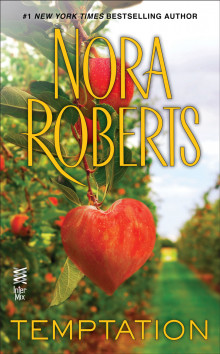 Temptation
Temptation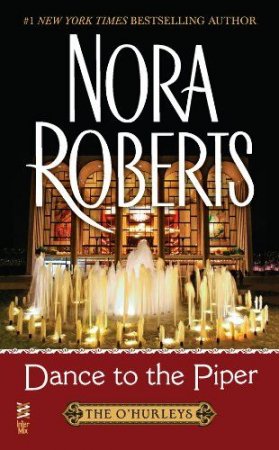 Dance to the Piper
Dance to the Piper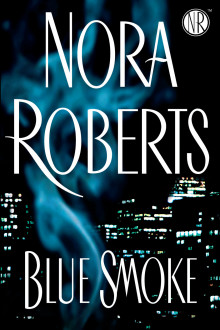 Blue Smoke
Blue Smoke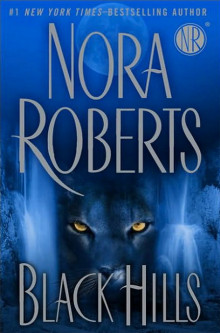 Black Hills
Black Hills The Heart's Victory
The Heart's Victory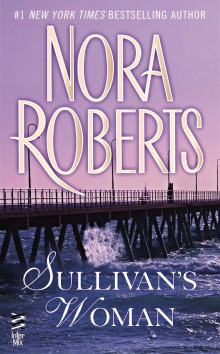 Sullivan's Woman
Sullivan's Woman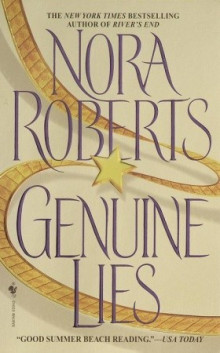 Genuine Lies
Genuine Lies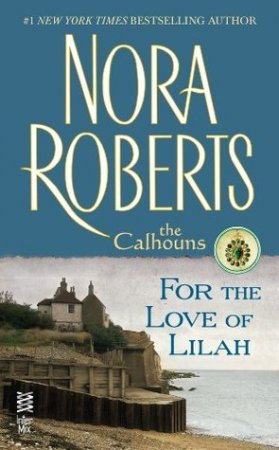 For the Love of Lilah
For the Love of Lilah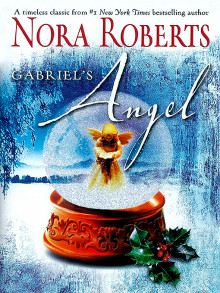 Gabriel's Angel
Gabriel's Angel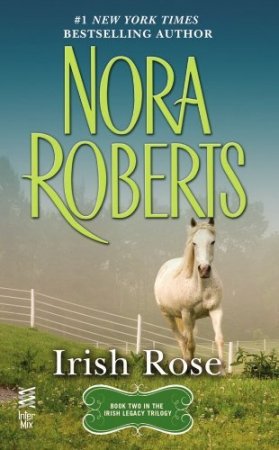 Irish Rose
Irish Rose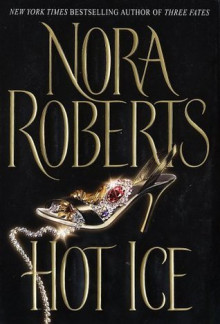 Hot Ice
Hot Ice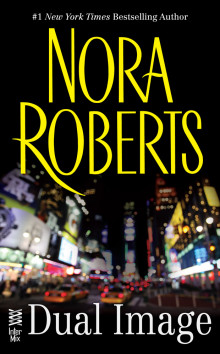 Dual Image
Dual Image Lawless
Lawless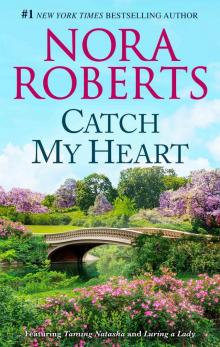 Catch My Heart
Catch My Heart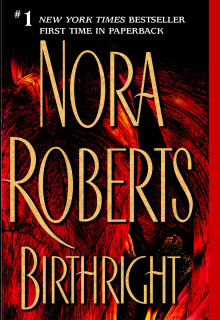 Birthright
Birthright First Impressions
First Impressions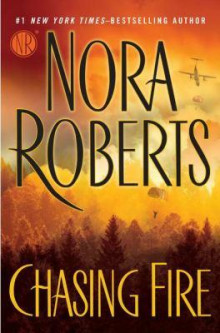 Chasing Fire
Chasing Fire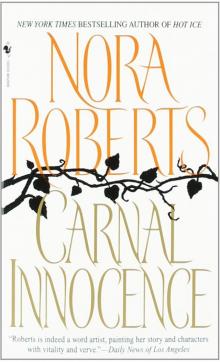 Carnal Innocence
Carnal Innocence Best Laid Plans
Best Laid Plans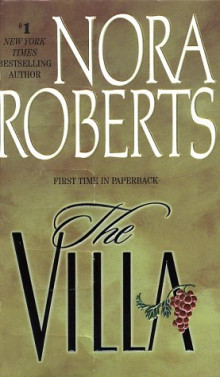 The Villa
The Villa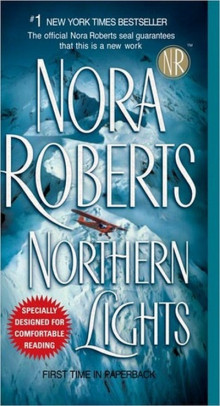 Northern Lights
Northern Lights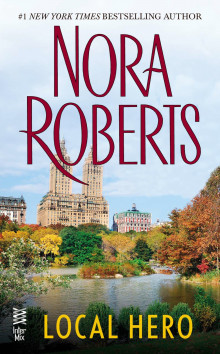 Local Hero
Local Hero Island of Flowers
Island of Flowers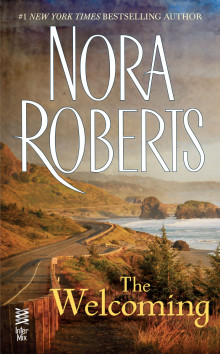 The Welcoming
The Welcoming All I Want for Christmas
All I Want for Christmas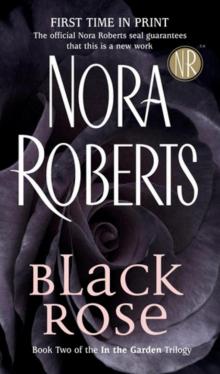 Black Rose
Black Rose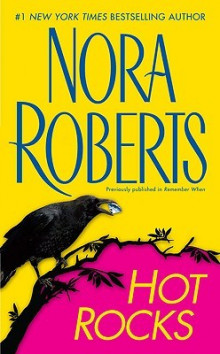 Hot Rocks
Hot Rocks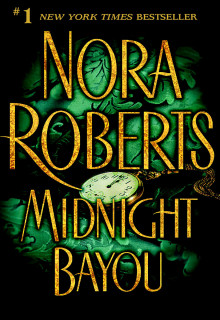 Midnight Bayou
Midnight Bayou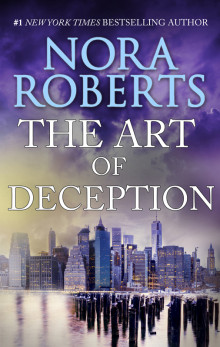 The Art of Deception
The Art of Deception From This Day
From This Day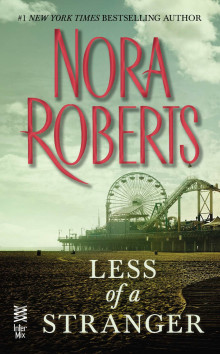 Less of a Stranger
Less of a Stranger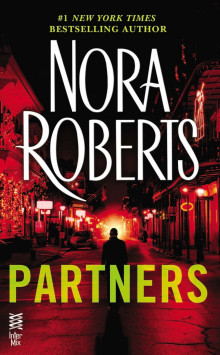 Partners
Partners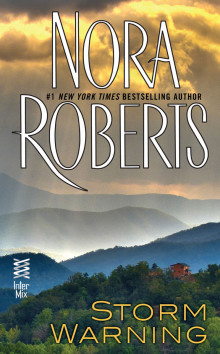 Storm Warning
Storm Warning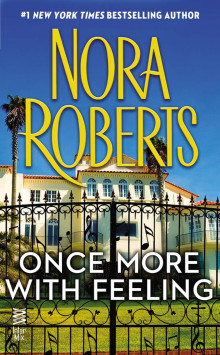 Once More With Feeling
Once More With Feeling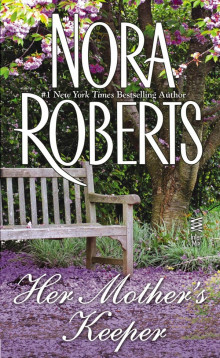 Her Mother's Keeper
Her Mother's Keeper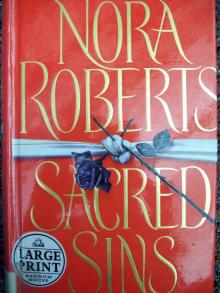 Sacred Sins
Sacred Sins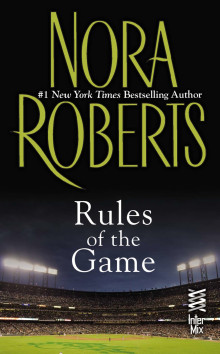 Rules of the Game
Rules of the Game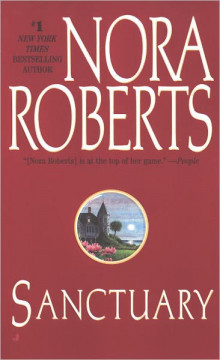 Sanctuary
Sanctuary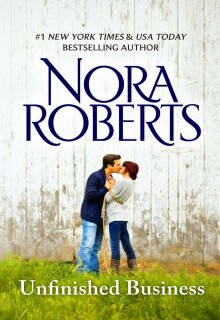 Unfinished Business
Unfinished Business Cordina's Royal Family Collection
Cordina's Royal Family Collection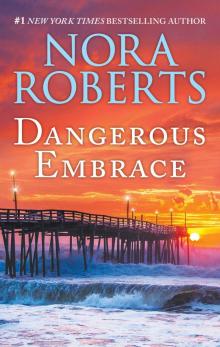 Dangerous Embrace
Dangerous Embrace One Summer
One Summer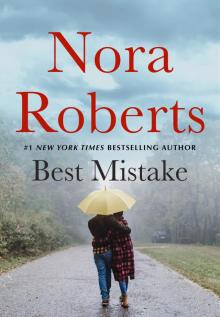 The Best Mistake
The Best Mistake Boundary Lines
Boundary Lines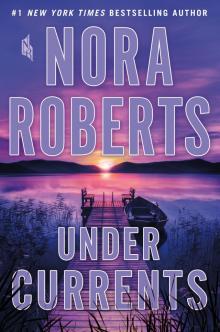 Under Currents
Under Currents The Stanislaski Series Collection, Volume 1
The Stanislaski Series Collection, Volume 1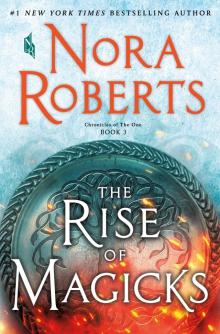 The Rise of Magicks
The Rise of Magicks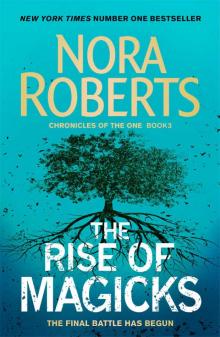 The Rise of Magicks (Chronicles of The One)
The Rise of Magicks (Chronicles of The One)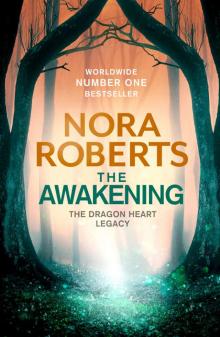 The Awakening: The Dragon Heart Legacy Book 1
The Awakening: The Dragon Heart Legacy Book 1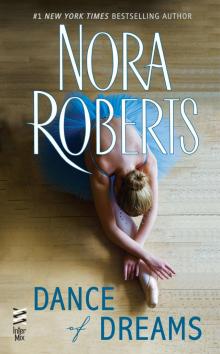 Dance of Dreams
Dance of Dreams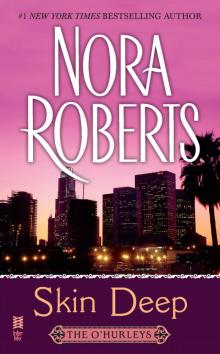 Skin Deep: The O'Hurleys
Skin Deep: The O'Hurleys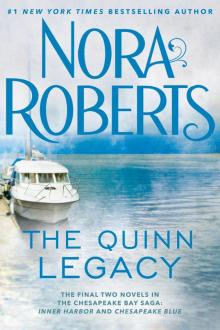 The Quinn Legacy: Inner Harbor ; Chesapeake Blue
The Quinn Legacy: Inner Harbor ; Chesapeake Blue![[Chronicles of the One 03.0] The Rise of Magicks Read online](http://i1.bookreadfree.com/11/chronicles_of_the_one_03_0_the_rise_of_magicks_preview.jpg) [Chronicles of the One 03.0] The Rise of Magicks
[Chronicles of the One 03.0] The Rise of Magicks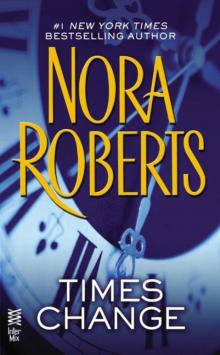 Times Change
Times Change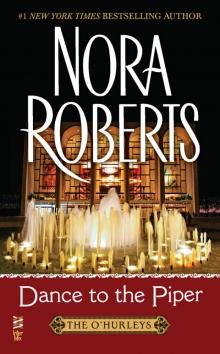 Dance to the Piper: The O'Hurleys
Dance to the Piper: The O'Hurleys Christmas In the Snow: Taming Natasha / Considering Kate
Christmas In the Snow: Taming Natasha / Considering Kate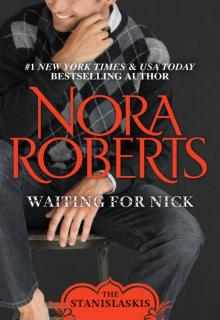 Waiting for Nick
Waiting for Nick Summer Desserts
Summer Desserts Dream 2 - Holding the Dream
Dream 2 - Holding the Dream The Novels of Nora Roberts, Volume 2
The Novels of Nora Roberts, Volume 2 In the Garden Trilogy
In the Garden Trilogy Eight Classic Nora Roberts Romantic Suspense Novels
Eight Classic Nora Roberts Romantic Suspense Novels Best Laid Plans jh-2
Best Laid Plans jh-2 From the Heart
From the Heart Holiday Wishes
Holiday Wishes Dream 1 - Daring to Dream
Dream 1 - Daring to Dream Second Nature
Second Nature Summer Pleasures
Summer Pleasures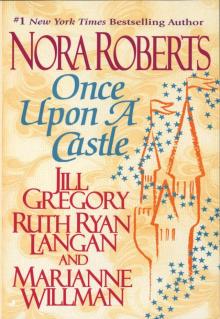 Once Upon a Castle
Once Upon a Castle Stars of Mithra Box Set: Captive StarHidden StarSecret Star
Stars of Mithra Box Set: Captive StarHidden StarSecret Star Impulse
Impulse The Irish Trilogy by Nora Roberts
The Irish Trilogy by Nora Roberts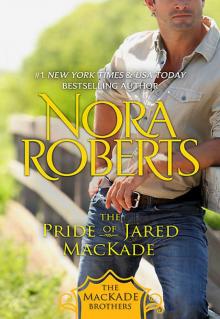 The Pride Of Jared Mackade tmb-2
The Pride Of Jared Mackade tmb-2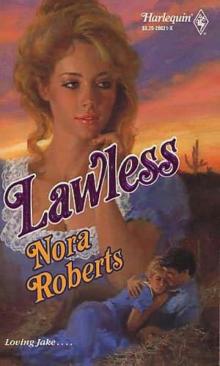 Lawless jh-3
Lawless jh-3 Taming Natasha
Taming Natasha Endless Summer
Endless Summer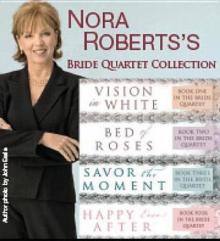 Bride Quartet Collection
Bride Quartet Collection Happy Ever After tbq-4
Happy Ever After tbq-4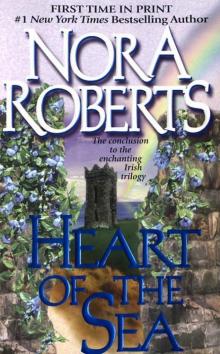 Heart Of The Sea goa-3
Heart Of The Sea goa-3 Search for Love
Search for Love Once upon a Dream
Once upon a Dream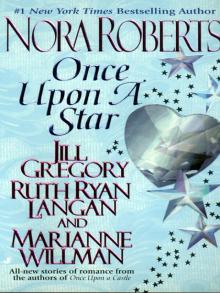 Once Upon a Star
Once Upon a Star Dream Trilogy
Dream Trilogy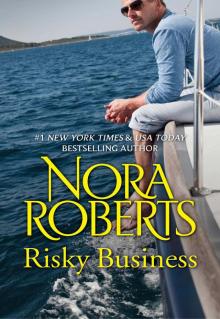 Risky Business
Risky Business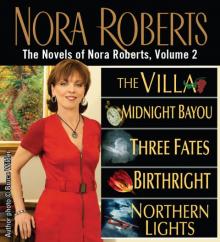 The Novels of Nora Roberts, Volume 3
The Novels of Nora Roberts, Volume 3 Dream 3 - Finding the Dream
Dream 3 - Finding the Dream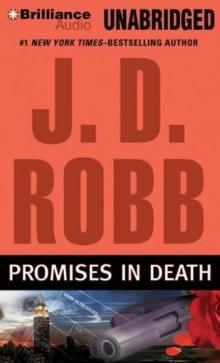 Promises in Death id-34
Promises in Death id-34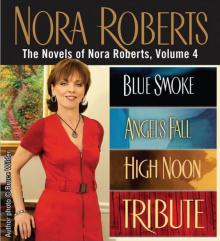 The Novels of Nora Roberts, Volume 4
The Novels of Nora Roberts, Volume 4 The Perfect Hope ib-3
The Perfect Hope ib-3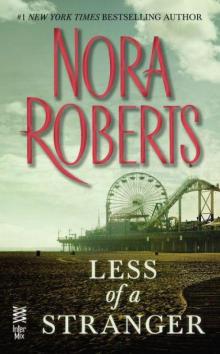 Less than a Stranger
Less than a Stranger Savour the Moment: Now the Big Day Has Finally Arrived, It's Time To...
Savour the Moment: Now the Big Day Has Finally Arrived, It's Time To...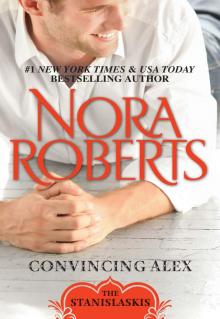 Convincing Alex
Convincing Alex Bed of Roses tbq-2
Bed of Roses tbq-2 Savour the Moment tbq-3
Savour the Moment tbq-3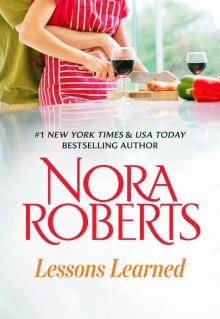 Lessons Learned
Lessons Learned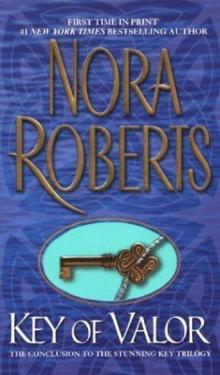 Key Of Valor k-3
Key Of Valor k-3 Red lily gt-3
Red lily gt-3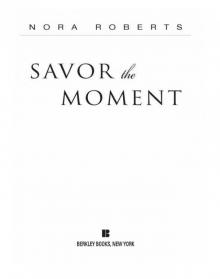 Savor the Moment
Savor the Moment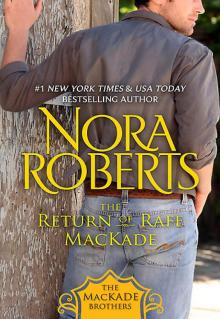 The Return Of Rafe Mackade tmb-1
The Return Of Rafe Mackade tmb-1 For The Love Of Lilah tcw-3
For The Love Of Lilah tcw-3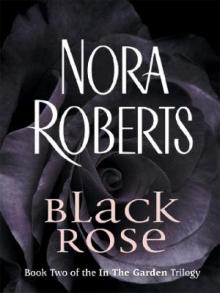 Black Rose gt-2
Black Rose gt-2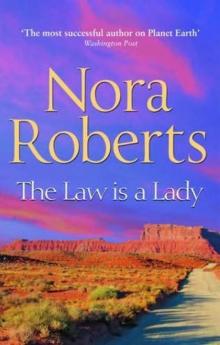 Novels: The Law is a Lady
Novels: The Law is a Lady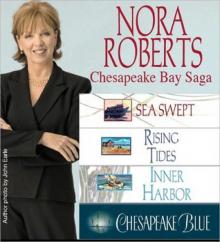 Chesapeake Bay Saga 1-4
Chesapeake Bay Saga 1-4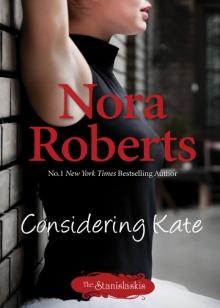 Considering Kate
Considering Kate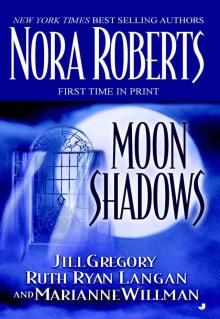 Moon Shadows
Moon Shadows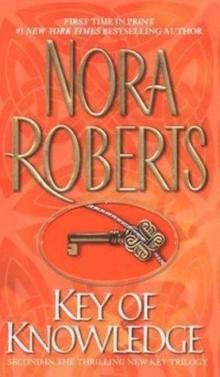 Key of Knowledge k-2
Key of Knowledge k-2 The Sign of Seven Trilogy
The Sign of Seven Trilogy Once Upon a Kiss
Once Upon a Kiss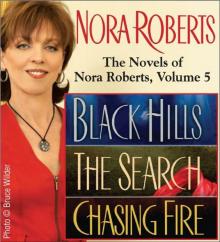 The Novels of Nora Roberts, Volume 5
The Novels of Nora Roberts, Volume 5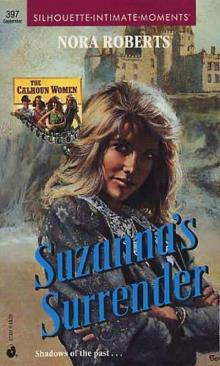 Suzanna's Surrender tcw-4
Suzanna's Surrender tcw-4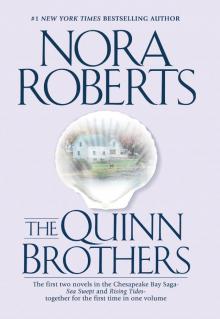 The Quinn Brothers
The Quinn Brothers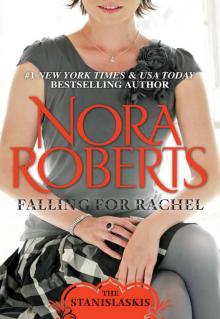 Falling for Rachel
Falling for Rachel Brazen Virtue
Brazen Virtue Time Was
Time Was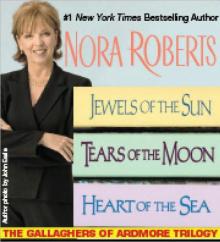 The Gallaghers of Ardmore Trilogy
The Gallaghers of Ardmore Trilogy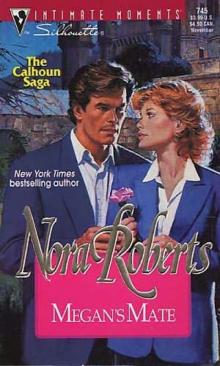 Megan's Mate tcw-5
Megan's Mate tcw-5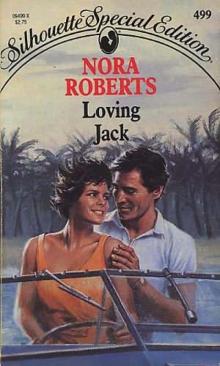 Loving Jack jh-1
Loving Jack jh-1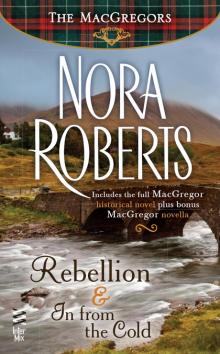 Rebellion & In From The Cold
Rebellion & In From The Cold Blue Dahlia gt-1
Blue Dahlia gt-1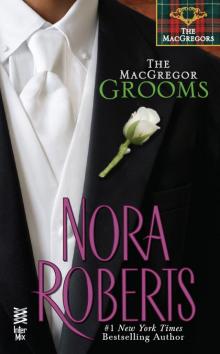 The MacGregor Grooms
The MacGregor Grooms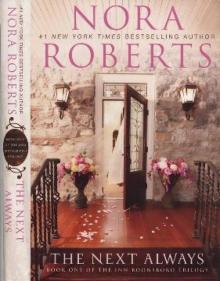 The Next Always tibt-1
The Next Always tibt-1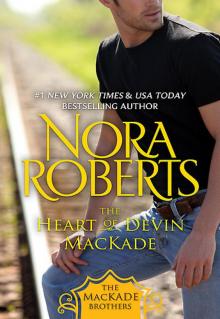 The Heart Of Devin Mackade tmb-3
The Heart Of Devin Mackade tmb-3 The Novels of Nora Roberts Volume 1
The Novels of Nora Roberts Volume 1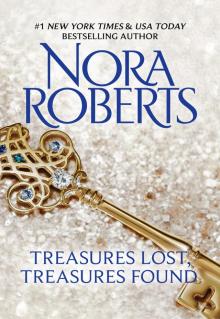 Treasures Lost, Treasures Found
Treasures Lost, Treasures Found Nora Roberts's Circle Trilogy
Nora Roberts's Circle Trilogy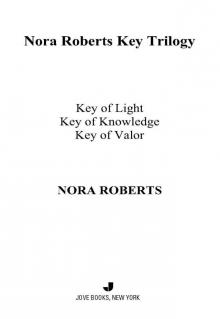 The Key Trilogy
The Key Trilogy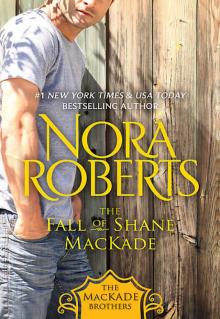 The Fall Of Shane Mackade tmb-4
The Fall Of Shane Mackade tmb-4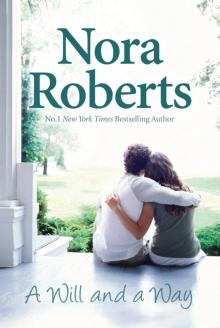 A Will And A Way
A Will And A Way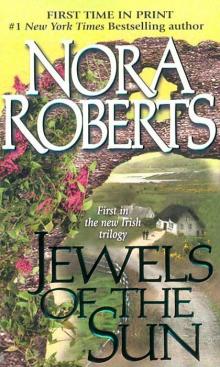 Jewels of the Sun goa-1
Jewels of the Sun goa-1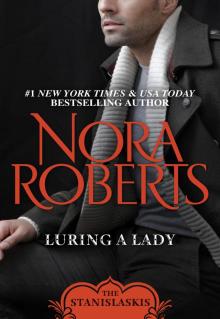 Luring a Lady
Luring a Lady